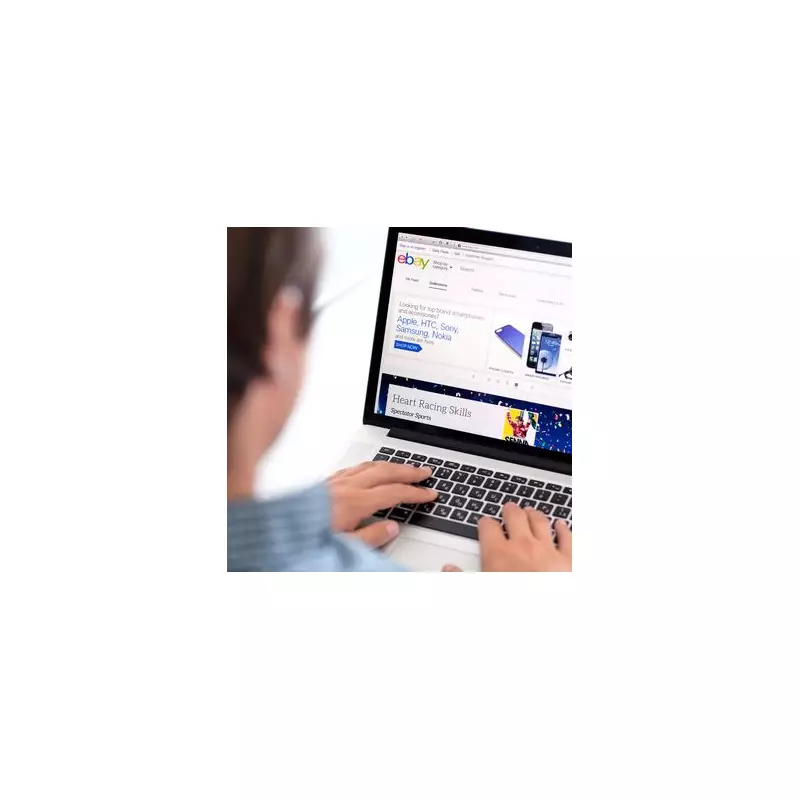
Thousands of Britons using online marketplaces for a side income are facing a significant shake-up as HM Revenue & Customs (HMRC) prepares to implement sweeping new tax rules. From January 1st, 2024, digital platforms including Vinted, eBay, Etsy, Airbnb, and Uber will be legally required to collect and report the income details of their users directly to the tax authority.
The move is part of a global effort, led by the Organisation for Economic Co-operation and Development (OECD), to crack down on tax evasion in the digital economy. It effectively removes the anonymity previously enjoyed by casual sellers, bringing their earnings firmly into HMRC's view.
What's Changing for Online Sellers?
The new rules mandate that these platforms automatically hand over a wide range of user data to HMRC. This includes:
- Full names and addresses of sellers
- Bank account details linked to the platform account
- The total number of transactions completed each year
- The total income or fees generated through the platform
This data will be compiled and shared with HMRC, regardless of whether the individual believes their activity is a hobby or a business. The first wave of this data, covering all of 2024, is scheduled to be sent to the tax office in January 2025.
Who Will This Actually Affect?
This change primarily targets individuals who are selling goods or services as a form of untaxed business income. The key is understanding HMRC's definition of trading.
You are likely to be considered a trader and need to declare your income if you are:
- Selling goods specifically for a profit
- Creating items with the intention to sell them
- Flipping items bought cheaply elsewhere
The famous 'Trading Allowance' still applies. This means you can earn up to £1,000 per tax year (6th April to 5th April) from these activities before you need to register for self-assessment and declare the income. However, all of your income from these platforms will now be visible to HMRC, meaning they can easily identify those who exceed the threshold.
Selling Personal Possessions? Don't Panic
HMRC has been keen to reassure the vast majority of users who are simply decluttering. If you are selling your own used personal possessions for less than you originally paid for them, this is not considered a taxable trading activity.
For example, selling an old designer dress on Vinted for £50 that you bought for £200 years ago is not generating a profit and is therefore not taxable. This activity should not be affected by the new data-sharing rules.
Staying on the Right Side of the Tax Law
With the new year fast approaching, sellers are urged to:
- Review their activity: Determine if you are trading or just selling old belongings.
- Keep clear records: Note what you sell, the price, and for personal items, the original purchase price if possible.
- Understand the £1,000 allowance: If your profits are under this amount, you likely have nothing to declare.
- Seek professional advice: If you are unsure about your status, consulting an accountant is a wise move.
This landmark shift represents the end of an era for the 'side hustle' economy, moving it from the informal shadows and into the regulated mainstream. For honest sellers, it provides clarity, but for those deliberately evading tax, the digital paper trail is about to become very clear indeed.




